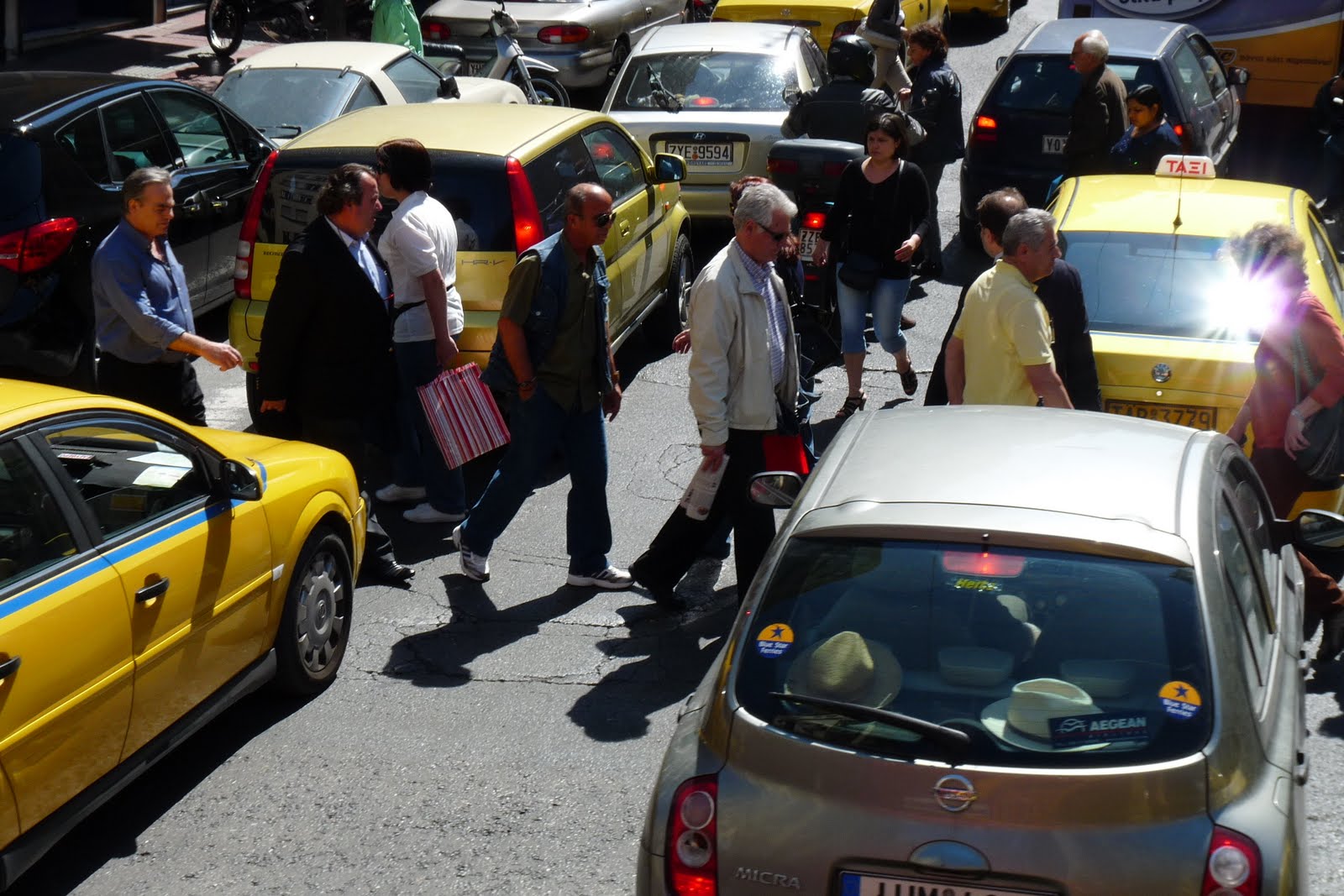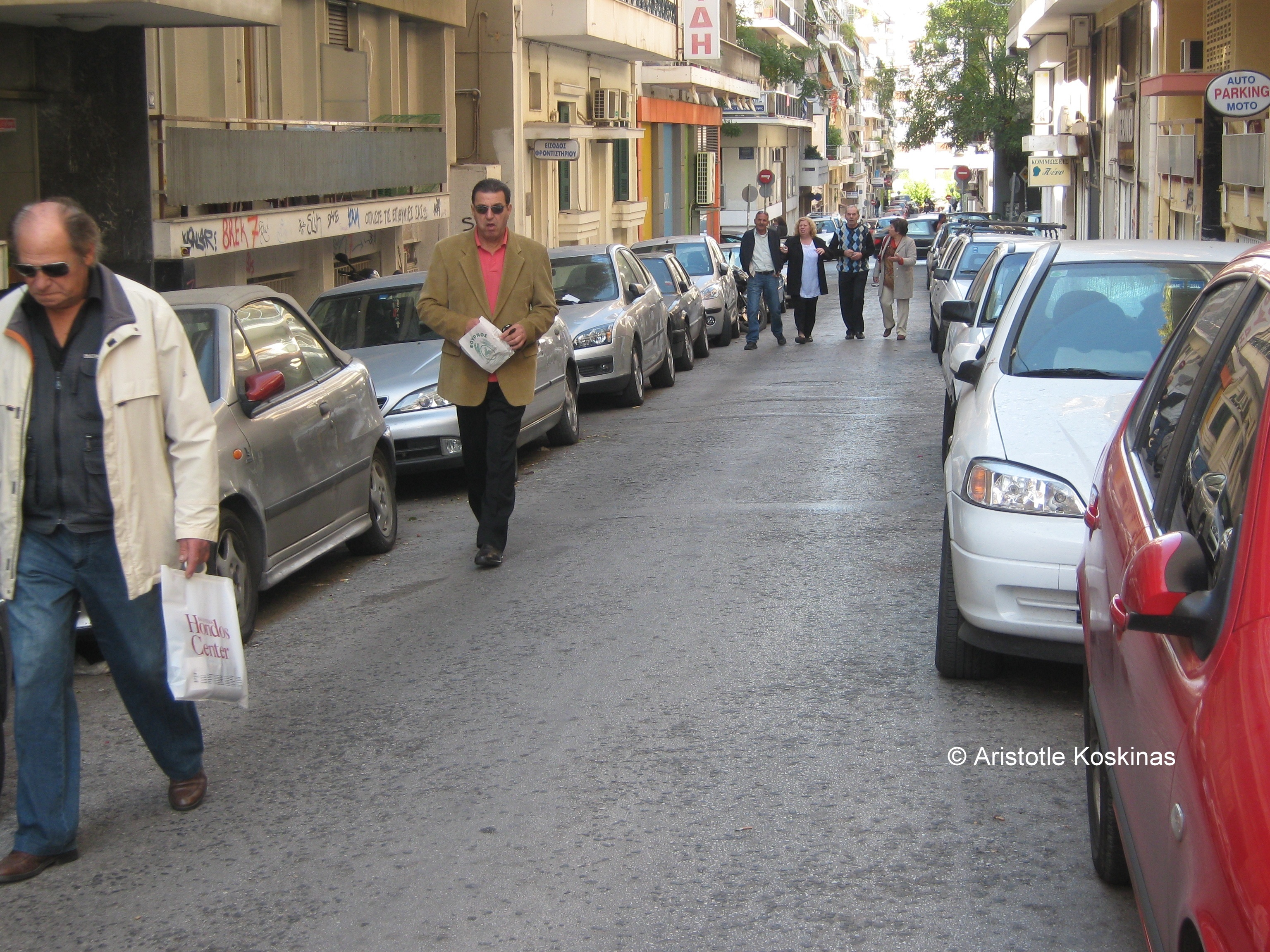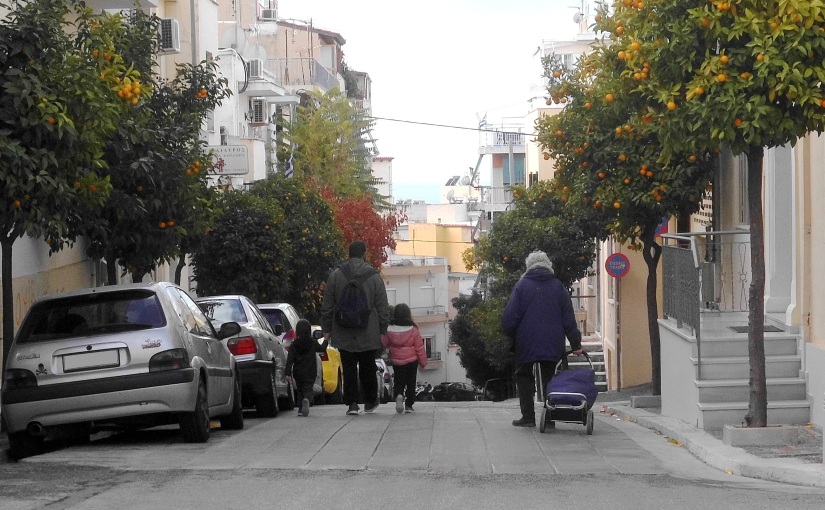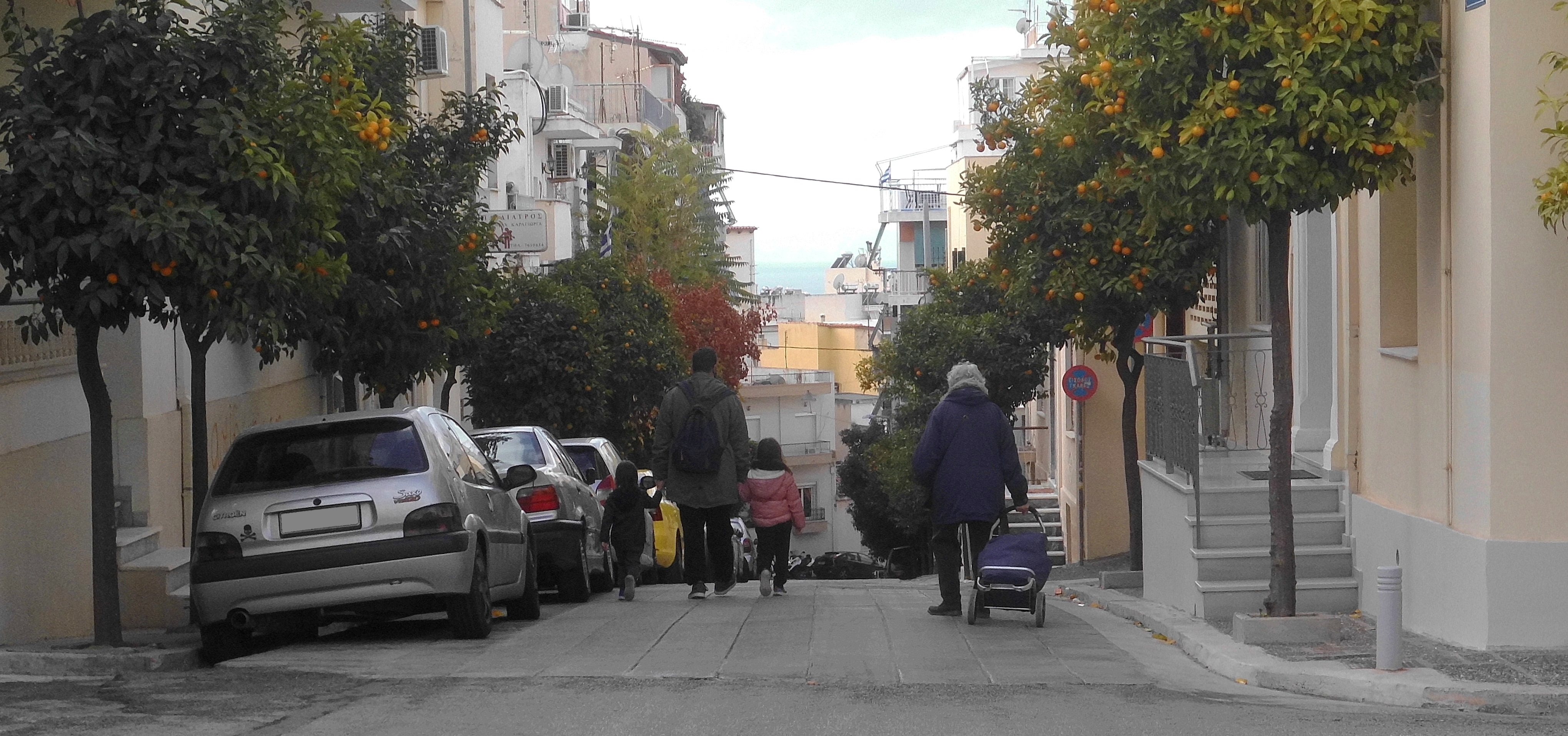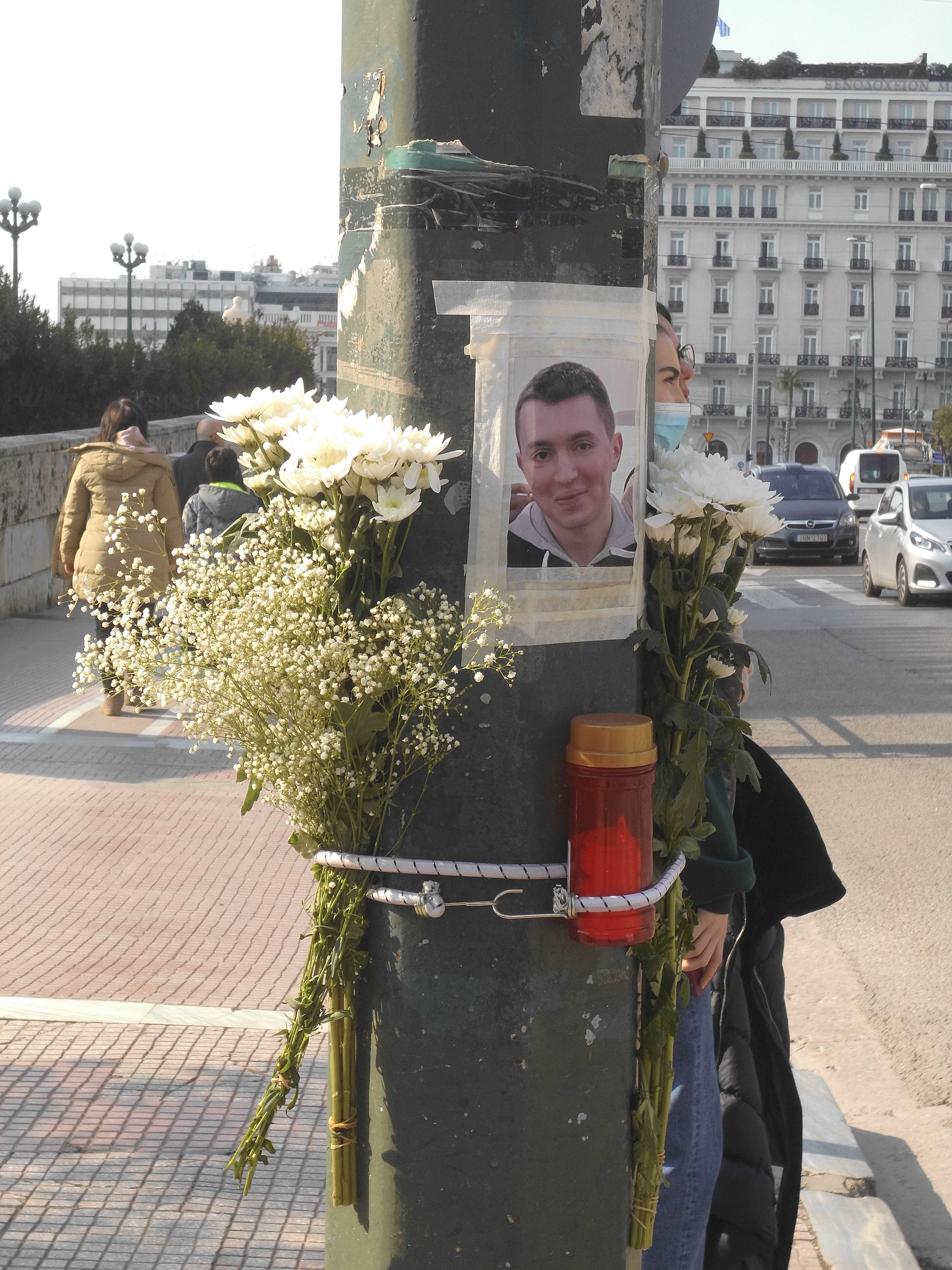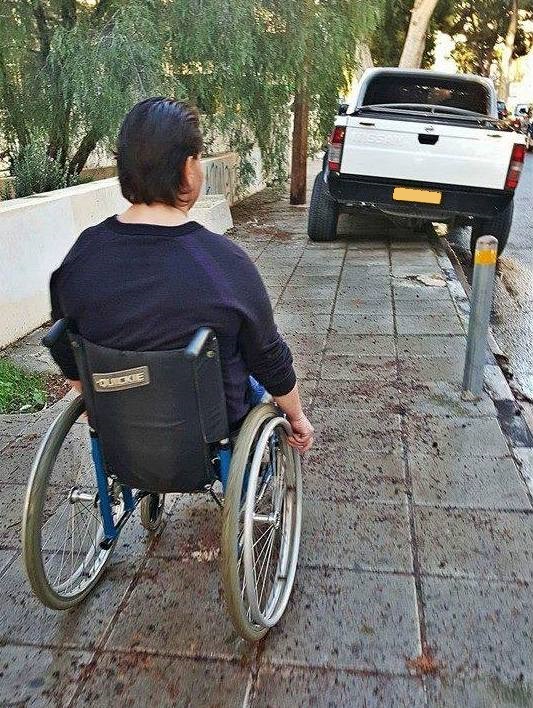Our team started out in March 2010.
For 13 years, we have been sounding the alarm about the state of Greek transport networks.
For 13 years, we have not stopped repeating the same basic principles, the same basic demands.
For 13 years, we have been worrying sick until our children return home.
In these 13 years, we have grown tired of promises that are not kept.
In these 13 years, we have come to understand 13 things:
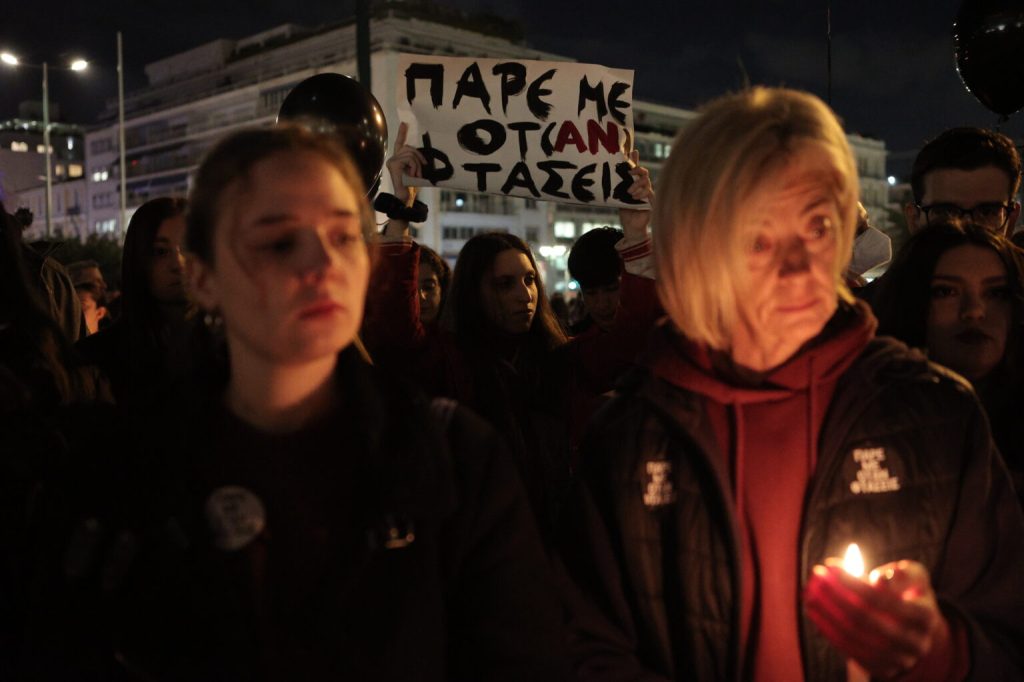
- No human life is expendable for the sake of transporting one or more people.
- Infrastructure must be safe for all users, no matter what means of transport they use.
- The country’s infrastructure falls far short of this ideal, resulting in tragic accidents.
- The poor state of the road network is accompanied by (and possibly encourages) correspondingly poor driving behaviour, which in turn causes more accidents.
- Infrastructure can be made safer with specific, internationally tested measures.
- Poor driving behaviour can also be reduced with appropriate measures.
- The situation in the transport sector leads to an increase in the use of private cars. This deprives us of public space (parking space, wider streets), time (traffic congestion) and steals years from our lives (inactivity, air pollution, accidents).
- It is the job of the state and local authorities to ensure the safety and well-being of citizens.
- However, neither the Greek state nor the local authorities seem to prioritize this.
- Instead, they either ignore the issue or choose policies that perpetuate or even worsen the problem.
- While citizens’ appeals from various sources are repeatedly ignored,
- issues of safety, transportation accessibility, and the environment are always brought up during election campaigns (so no “authority” can claim ignorance of what citizens want).
- Finally, while local or state authorities fail to implement the law, justice seems unable to force them to do so.
It is our duty to overturn this bleak reality.
It is our duty, as citizens, to make every effort to pressure authorities to implement the obvious, rewarding those who do and condemning those who fail to act.
It is our duty to stop being indifferent.
It is our duty to participate actively.
If we want to be responsible citizens;
If our tears for every terrible accident are genuine;
If, finally, we care about our own lives and the lives of our children.
Image description: A crowd of people from yesterday’s nightly protest in Syntagma Square. They have serious expressions on their faces, are wearing black and carry black balloons or candles. In the middle, a girl holds up a cardboard sign which reads “Call me when/if you get home.”
Image source: https://www.ertnews.gr/eidiseis/ellada/pare-me-otan-ftaseis-eikones-apo-ti-siopili-diamartyria-sto-syntagma/
